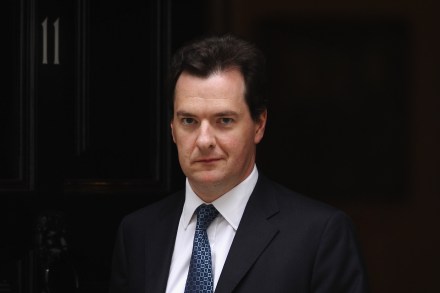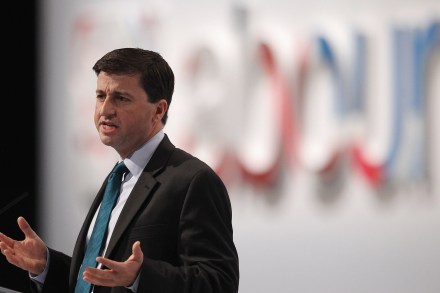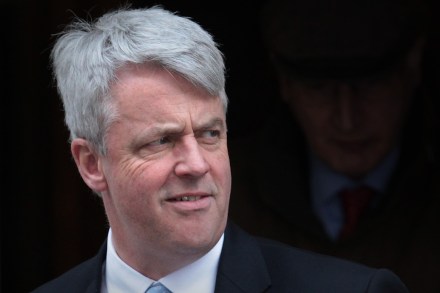Clegg rallies his party
Nick Clegg pushed his members to ‘stop lamenting what might have been and start celebrating what is’ in his rally speech to the Liberal Democrat spring conference. He told them ‘now is the time to move on, to stop justifying being in government and start advertising being in government’. The debate over the Health Bill, though, threatens to dominate the conference. Clegg in his speech went out of his way to pay tribute to Shirley Williams, who is now on the leadership’s side on this issue, lauding the ‘outstanding work Shirley is doing in the House of Lords to protect our NHS’. This was met with warm applause. But it


















